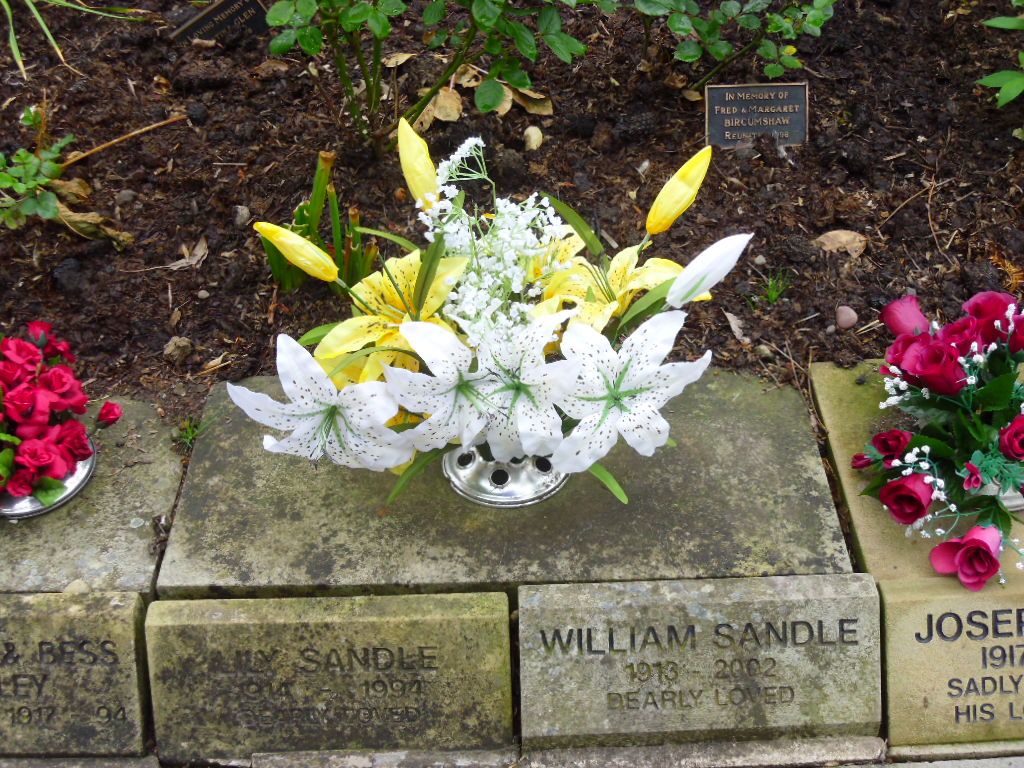Breaking New Study Legitimizes 'Complicated Grief ' Treatment Effective Without Meds
Losing a loved one is never easy, and grief is a normal response to loss. However, for some, the grief process can be complicated and extended. This blog post explores the differences between grief and complicated grief and the treatment options available.


Losing a loved one is an inevitable part of life, and grieving is a natural response to such a loss. However, the expectation to swiftly overcome grief can be unrealistic. Each person's grieving process is unique, influenced by the nature of the relationship with the deceased.
Recent research has brought attention to a less understood but significant condition known as complicated grief. This condition, characterized by prolonged and challenging grieving periods, has been acknowledged in a groundbreaking study published in the Annals of Internal Medicine. The study emphasizes that the symptoms of complicated grief differ from those of depression.
Interestingly, the research highlights that Complicated Grief Treatment (CGT) can be effective, and notably, antidepressants are not always deemed necessary for successful CGT. However, they may be beneficial for individuals experiencing co-occurring depressive disorders.
My personal experience with grief, particularly since my father's passing a year ago, has been particularly challenging. The circumstances surrounding his death and the subsequent events have added layers of complexity to my grieving process. I've grappled with the aftermath of reporting an incident at his care facility, leading to a distressing sequence of events, including my unjust incarceration.

Reflecting on my father's painful and tragic demise due to strokes and seizures, I realize the importance of intervention by the state to even have the chance to see him one last time. The memory care facility's actions, including trespassing me after the incident, only added to the distress.
Complications extended to strained relations with my brother, who resisted any efforts to move our father to a different facility for better care. The sudden change in ownership at the care facility further complicated matters, hinting at a darker side of negligence and corruption.
As I navigate through this intricate web of grief, trauma, and family dynamics, I find myself questioning whether I am experiencing "complicated grief" on top of a PTSD diagnosis stemming from a prior assault. The jail abuse that followed only deepened the psychological wounds.
The events within the jail are too distressing to recount fully at this time, adding another layer to a story that, if told, could potentially bring about significant change in our community. Complicated grief, as evidenced by the clinical trial involving 395 adults, is a real and complex phenomenon affecting about 7% of bereaved individuals.
Unlike depression, complicated grief manifests with persistent faulty thoughts, dysfunctional behaviors, and poorly controlled emotions that impede the ability to adapt to loss. While I don't suffer from depression, my anger persists over the mishandling of my father's final year and the treatment I endured.
Journalists often find it challenging to let go of stories that unfold before their eyes, especially when it involves a personal connection to the narrative. In my case, the reality of a corrupt county adds another layer of difficulty.
Complicated grief, varying in severity, is generally treated with CGT, a combination of talk therapy and a workbook. Remarkably, the success of treatment appears consistent even without the use of antidepressants unless major depressive disorder is also present.
On a Complicated Grief scale, I find myself classified as "moderately ill." This classification acknowledges the daily intrusion of painful but bearable symptoms, interfering with activities and relationships. There's a desire to live, despite the persistent and clinically significant nature of these symptoms.
As I strive for sobriety and confront the challenges life has thrown at me, I am acutely aware that the community also bears the burden of these unsettling truths. I trust in justice and hope that those responsible for my father's and my suffering will be held accountable.
In expressing the emotions that many experiencing complicated grief may resonate with, I share a poignant poem:

“Anger.”
Don’t tell me that you understand
Don’t tell me that you know
Don’t tell me that I will survive
How I will surely grow
Don’t tell me this is just a test
That I am truly blessed
That I am chosen for this task
Apart from all the rest
Don’t come at me with answers
That can only come from me
Don’t tell me how my grief will pass
That I will soon be free
Don’t stand in pious judgment
Of the bonds I must untie
Don’t tell me how to suffer,
And don’t tell me how to cry
My life is filled with selfishness
My pain is all I see
But I need you, I need your love
Unconditionally
Accept me in my ups and downs
I need someone to share
Just hold my hand and let me cry
And say, ‘My friend, I care.’
BY, Joanetta Hendel
Are You Recovering From Grief?
Share Your Sorrow. Writing To Heal
You might also like this article:
